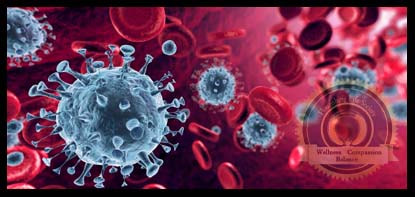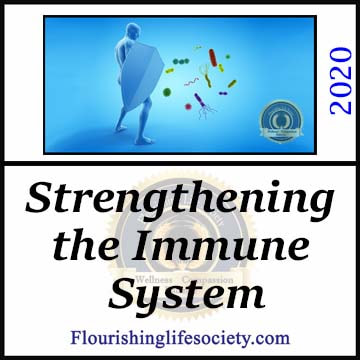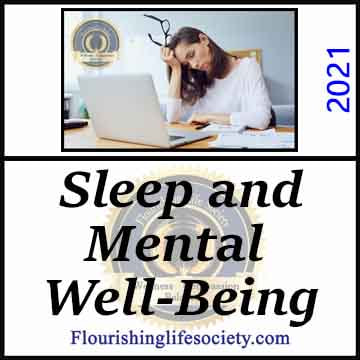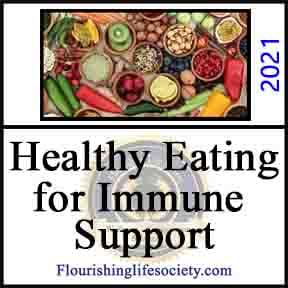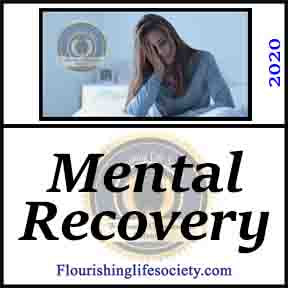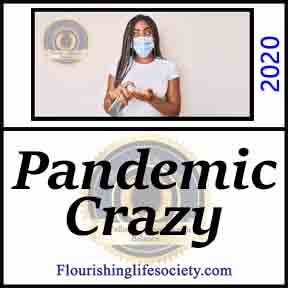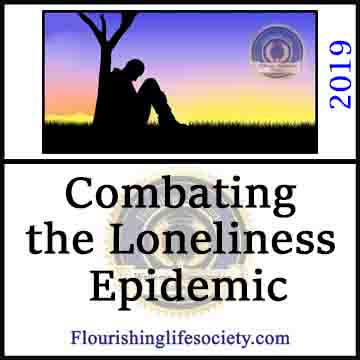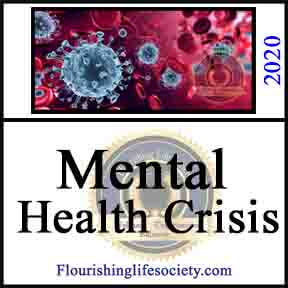BY: T. Franklin Murphy | June 25, 2020
The virus is attacking more than our respiratory systems, it is damaging our minds. The anxiety and isolation will have an impact on the mental health of the world.
|
Stunned, we suffer in the midst of the unknown. Health professionals, such as NIAID director Anthony S. Fauci, warn the COVID-19 crisis is far from over. Testing has revealed a surprising number of cases. The virus continues to infect, spread, and kill. With this crisis still without a predictable resolution, the mental health impact remains unknown. However, other large-scale disasters are almost always accompanied by increases in depression, posttraumatic stress disorder (PTSD), substance abuse disorder, and a wide range of other maladaptive social and behavioral reactions (domestic violence and child abuse). While we don’t know the breadth of the impact, we know it will be severe.
We must respond early—individually and collectively—to mitigate long term disruptions to our wellbeing. Many traditional staples for coping have been truncated by government directives to limit the spread. While social distancing measures may be critical to limiting the spread, they also contribute to the challenges on our emotional and mental wellbeing, adding to the strain on our already taxed systems. Stay-at-Home Orders and LonelinessStay-at-home orders and social distancing substantial increase loneliness. Studies identified loneliness as a rising concern even before the arrival of this nasty virus. Vulnerable populations, such as the elderly, are now separated from the necessary support, fighting the anxiety of possible infection and death alone.
Many secondary concerns, including the financial impact of lost employment, limitations on personal freedoms, and conflicting messages add to our anxiousness. The virus and subsequent preventative measures seriously impact our quality of life—and we suffer. While a vaccine will be discovered, and the virus effectively deterred, the mental strains experienced will not vanish, perhaps infecting countless people for many decades to come. The psychological impact of quarantine is wide-ranging, substantial, and in many cases, long-term (Brooks, et al. 2020). The argument, however, isn’t that stay-at home orders are unnecessary. Evidence suggests they slow the spread—and, therefore, save lives. As with any other give-and-take remedy, mandatory quarantine orders must be used with care, offering services to lessen the mental health impact. Keep Stay-at -Home Orders to a MinimumLeaders must keep stay-at-home orders as short as possible. Longer quarantines are associated with poorer psychological outcomes (2020). When the risk is minimum, restrictions should be lifted or modified. Health officials should monitor cases, hospitalizations, and other contributing factors and adjust when possible.
The practice of isolating family from loved ones, the critical moments before death should be examined, outlining safe protocols for saying goodbye. We shouldn’t die alone. Safe procedures for funerals can be designed. We figured a way to make grocery shopping relatively safe; we allow liquor stored to remain open; we can go to home depot for home improvement projects; certainly, we can celebrate the lives of our lost loved ones in safe and practical funerals. This is a quality of life issue and a mental health issue. The unknown produces anxiety. Citizens deserve honest and timely updates. Not unsubstantiated opinions that fluctuate with daily personal impressions. The clearer the message, the greater the ability for receivers of those messages to plan. Public health officials must maintain an open line of communication, reassuring the public of progress, and purpose for strict directives. Quarantine is a double whammy. The isolation creates stress, leading to psychological disorders, while removing normal reporting channels. In isolation, illnesses go undetected. Organizations, families, and senior housing facilities must have mechanisms to detect signs of psychological distress. Early intervention is always best. Most of us are resilient. We’ll make it through this—a little wiser, and, perhaps, stronger. While everyone should expect additional strain from this hiccup in our life narrative, we can hold our heads high in hope, waiting for the scientific answer to bring our worlds back to (the new) normal. We may be stunned but good still surrounds us. Reach out, shine a light of compassion, spread hope, and hang-on. Please support Flourishing Life Society with a social media share or by visiting a link:
References:Brooks, S., Webster, R., Smith, L., Woodland, L., Wessely, S., Greenberg, N., & Rubin, G. (2020). The psychological impact of quarantine and how to reduce it: rapid review of the evidence. Lancet (London, England), 395(10227), 912-920.
Galea, S., Merchant, R., & Lurie, N. (2020). The Mental Health Consequences of COVID-19 and Physical Distancing. JAMA Internal Medicine, 180(6), 817-818. Osofsky, J., Osofsky, H., & Mamon, L. (2020). Psychological and Social Impact of COVID-19. Psychological Trauma: Theory, Research, Practice, and Policy, OnlineFirst, 1 Pfefferbaum, B., & North, C. (2020). Mental Health and the Covid-19 Pandemic. The New England journal of medicine, 1 |
|
